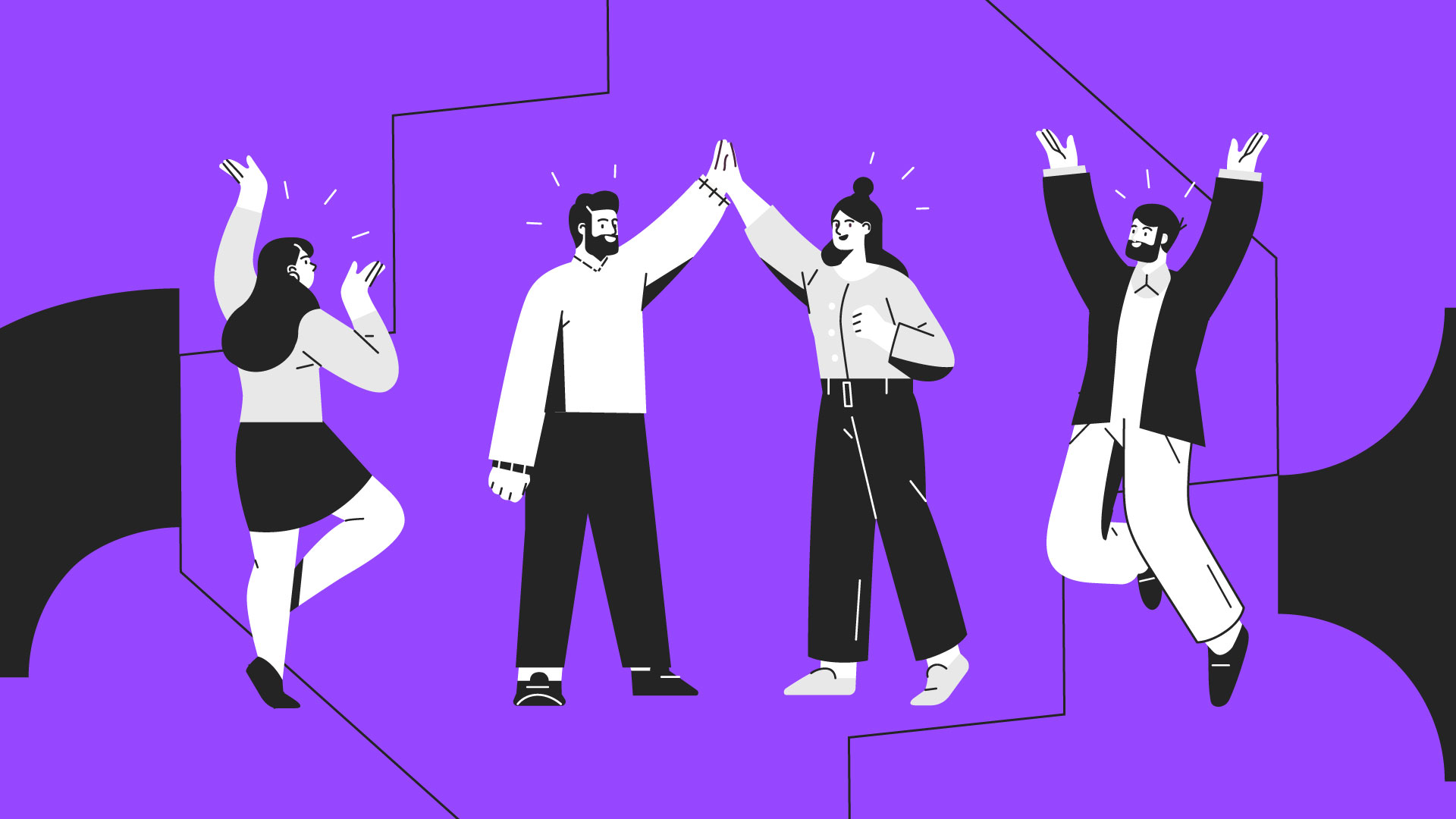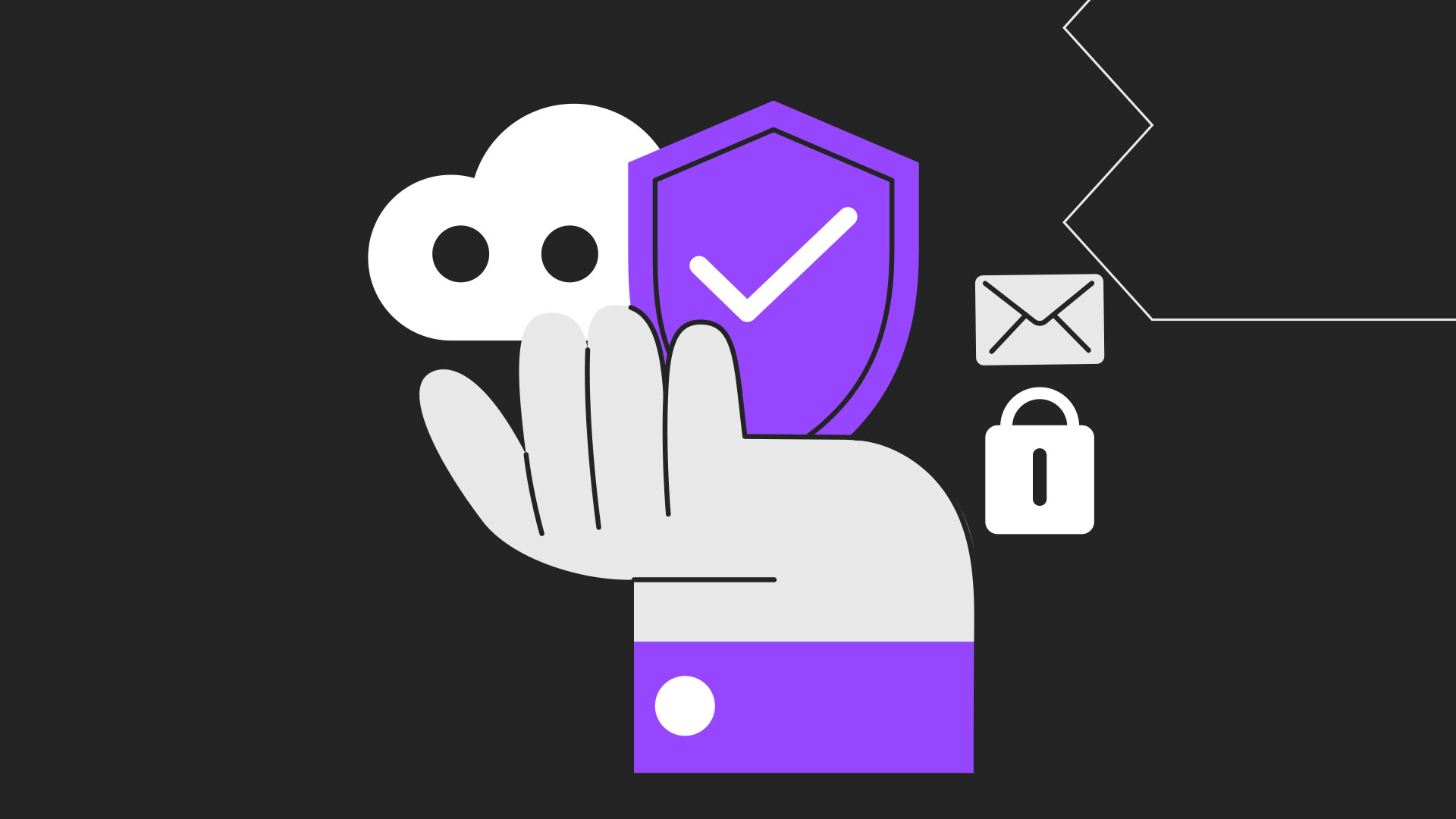Labor workers in the UAE are paid very low-income which severely diminishes their ability to protect themselves against health-related illnesses. Insurance can be expensive, and for those seeking a comprehensive plan to combat medical or pre-existing conditions, the prices can be unaffordable. UAE laborers are now turning to charities in hopes of securing adequate health insurance to protect against cancer costs.
Mandatory health insurance in the UAE covers cancer up to AED 150,000 per year. However, not all types of cancer are covered by insurance plans. Charities such as the Cancer Patient Care Society are now offering financial support to some patients who don’t have the disposable income to purchase a comprehensive healthcare plan. Select embassies are also taking the initiative to install an emergency medical fund.

The Dubai Health Authority has started an initiative which mandates that insurers will pay AED 18 into a fund that will be used to cover cancer costs for workers earning under AED 4,000. This fund covers 3 types of cancer: breast, colorectal and cervical with lung cancer expected to be introduced within the year under the insurance plan.
There is now a priority to diagnose cancer at its earliest stages through easier and more affordable access to screening programs. If cancer is detected in stage 1 or stage 2, the chances of survival are much higher and as such, the medical insurance industry needs to work with clients to develop more preventive medicine.
The most common types of cancer in males are leukemia, colorectal, prostate, and non-Hodgkins. In females, breast cancer is the most common, followed by leukemia and colorectal. Colorectal is the second most common cancer in both sexes and is covered by the DHA fund. Patients who register for the new initiative must go to the Latifa Hospital. The insurers also need to opt for patients at the start of the cancer diagnosis. However, since the fund only covers 3 types of cancers, those with cancer types not included in the initiative are left to pay for treatment out of pocket.
Once the insurance limit is met, patients return home and receive treatment there. Laborers are more prone to skin cancer since most of their work is outdoors in the heat. Charities can step in and provide cover for these workers if they are diagnosed with cancer. However, the costs usually run into hundreds of thousands and make it difficult for charities to cover many laborers. Charities also negotiate costs with hospitals for customers who are unable to pay for the entire medical treatment and don’t qualify for the cancer fund.
Some private hospitals are offering free cancer screenings in an effort to detect the disease at an early stage. There is an increasing amount of people who go in for annual screenings at hospitals offering these services.
Low-income workers from the Philippines can also access financing for treatment through national funds. Though it is difficult to get accepted, it is measure open to them. Very few apply for national funds as mandatory health insurance covers the same areas as the national fund. They also have access to a hardship fund created to help with cancer treatment if their current healthcare plan is inadequate.








Get Social